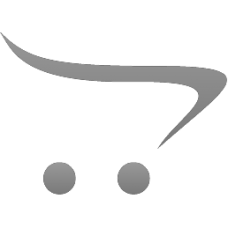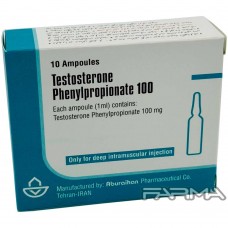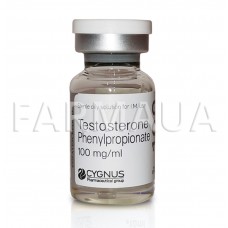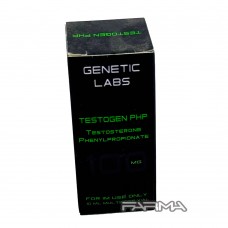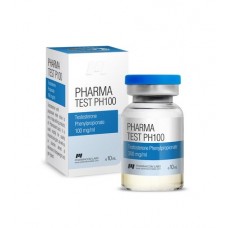Testosterone phenylpropionate is a shorter-acting ester of testosterone that is commonly used for hormone replacement therapy (HRT) in males with hypogonadism and for performance enhancement in athletes and bodybuilders. Understanding the medical uses, effects, and considerations of testosterone phenylpropionate is crucial for individuals considering its use, as well as healthcare professionals involved in managing hormone-related conditions.
Medical Uses of Testosterone Phenylpropionate:
-
Hormone Replacement Therapy (HRT): Testosterone phenylpropionate is used therapeutically in males with hypogonadism, a condition characterized by insufficient production of testosterone. It is administered as part of testosterone replacement therapy to restore normal testosterone levels, alleviate symptoms of hypogonadism, and improve quality of life.
Non-Medical Uses of Testosterone Phenylpropionate:
-
Performance Enhancement: Testosterone phenylpropionate is commonly used off-label by athletes and bodybuilders to enhance athletic performance, increase muscle mass, strength, and endurance, and improve physical appearance. It is often used in shorter cycles due to its shorter half-life.
Considerations for Testosterone Phenylpropionate Use:
-
Dosage and Administration: Testosterone phenylpropionate is typically administered via intramuscular injection, with the specific dosage and frequency determined by healthcare providers based on individual factors such as age, weight, medical history, and response to treatment. Due to its shorter half-life compared to other testosterone esters, testosterone phenylpropionate may require more frequent injections, often ranging from once every 2 to 3 days.
-
Monitoring Testosterone Levels: Regular monitoring of testosterone levels is essential during testosterone phenylpropionate therapy to ensure adequate hormone replacement and minimize the risk of adverse effects such as testosterone excess (supraphysiological levels) or deficiency (suboptimal levels). Healthcare providers may perform blood tests to assess testosterone levels and adjust treatment as needed.
-
Potential Side Effects: Common side effects of testosterone phenylpropionate therapy may include injection site pain, swelling, and irritation, as well as acne, oily skin, fluid retention, and mood changes. More severe adverse effects may include cardiovascular complications, hepatic dysfunction, and prostate enlargement. Individuals should be aware of the potential risks and benefits of testosterone phenylpropionate therapy and discuss any concerns with their healthcare provider.
-
Hormonal Imbalance: Prolonged or excessive use of testosterone phenylpropionate can disrupt the body's natural hormone balance and may suppress endogenous testosterone production. After discontinuation of testosterone phenylpropionate therapy, individuals may experience withdrawal symptoms and temporary hypogonadism until normal testosterone production resumes.
-
Legal and Regulatory Considerations: Testosterone phenylpropionate is classified as a controlled substance in many countries due to its potential for misuse, abuse, and dependence. Its use for non-medical purposes, such as performance enhancement or bodybuilding, is prohibited by most sports organizations and regulatory agencies. Individuals considering testosterone phenylpropionate use should be aware of the legal implications and regulatory restrictions in their country.
Conclusion: Testosterone phenylpropionate is a shorter-acting ester of testosterone commonly used for hormone replacement therapy in males with hypogonadism and for performance enhancement in athletes and bodybuilders. Understanding the medical uses, effects, and considerations of testosterone phenylpropionate is essential for individuals considering its use, as well as healthcare professionals involved in managing hormone-related conditions. Proper dosage, monitoring, and adherence to treatment guidelines are essential for safe and effective testosterone phenylpropionate therapy. Individuals considering testosterone phenylpropionate therapy should consult with a healthcare provider for personalized evaluation and management based on their specific medical needs and circumstances.
